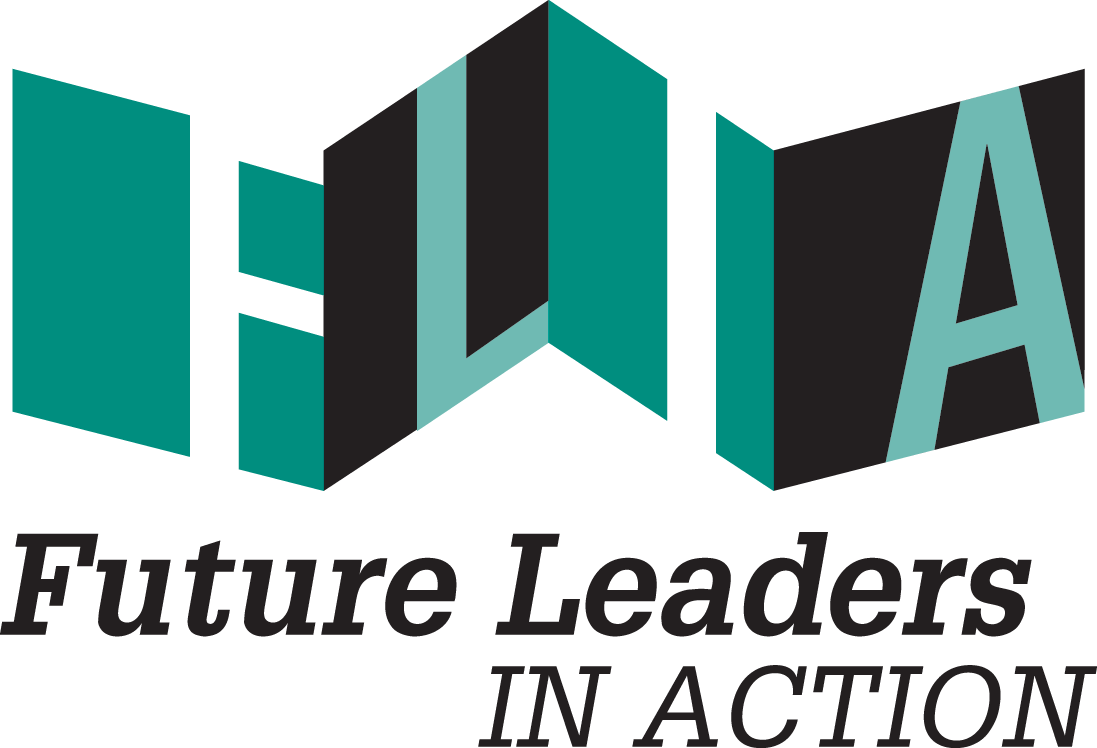The year is 1904. Day in and day out, a young man would spend his days working in a New York City courtroom recording the troubled lives of young boys. He saw the same boys in and out of the legal system when, one day, a thought struck him: Do these boys have a single positive role model in their lives? The young court clerk went by the name of Ernest Coulter and would go on to instill the Big Brothers movement into the minds of New Yorkers.
After he launched a mentorship program for boys like the ones he watched move through the court system, another organization, Ladies of Charity, began befriending young girls within the NYC children’s court using a similar approach. By 1977, the paths of these two organizations collided to form what is now called Big Brothers Big Sisters of America (BBBSA). With support from various U.S. Presidents throughout history, including Theodore Roosevelt Jr., Calvin Coolidge, Franklin D. Roosevelt, George W. Bush, and Barack Obama, this partnership took off. The program now operates in all 50 states and reaches youth in 12 countries around the world.
Today, BBBSA is the largest mentoring program in the United States. Adult volunteers are matched up to children referred to as “Littles” to begin a long-lasting relationship meant to create better outcomes for youth facing adversity. These relationships are formed through the Match Makers program by highly-trained staff referred to as Match Support Specialists (MSS). MSS conduct background checks, interviews with parents, child, and potential “Bigs” (the adult volunteers) to create the perfect match. Before the match is allowed to begin, the Big and the Little participate in a Pre-Match Meeting to make sure both parties will get along well. Throughout the life of the match, MSS check up on matches periodically to make sure no incidents have occurred, the relationships feel safe and comfortable, and policies are being followed.
Littles were 46% less likely than youth on the waiting list to initiate drug use and 27% less likely to initiate alcohol use. There was an even stronger effect with minority Littles at a whopping 70% less likely to initiate drug use.
Is there any proof that these relationships are beneficial? Researchers with Public/Private Ventures decided to find out. In the study, “Making a Difference: An Impact Study of Big Brothers/Big Sisters,” researchers compared youth matched with a mentor to youth put on a wait list. The results were astounding. Similar trends were seen for school attendance, GPA improvement, and quality of relationships between the parent/child. If you're interested, read the full study. With results like these, readers might question what is so special about these relationships that produces these results?
Working with Big Brothers Big Sisters of Central Iowa for the past two weeks has given me insight into this question. With two core programs, Community-Based and School-Based, Bigs serve as the missing pieces to the puzzle of a young person’s life. Community-Based Programs allow matches to explore the world by enjoying hobbies and events together - playing sports, camping, bowling, or even just grabbing dinner one-on-one. Bigs must commit to a minimum of a year volunteer service in order to create a strong relationship with their Little. School-Based Programs focus more on academic support on a weekly basis.
At BBBSCI, two special programs are currently in progress: Workplace Mentoring and Opportunities for Post-Secondary Success (OPS).
Workplace Mentoring
This program allows Littles to attend work with their Big for a few hours bi-weekly. It exposes students to a professional setting and allows them to explore future career options.
Opportunities for Post-Secondary Success
The OPS program is brand new and it is the program I am developing curriculum for during my fellowship with FLIA. The program focuses on building skills for success after high school, whether it be entering the workforce, attending college, or enlisting into the military. Because college and career readiness is an area that students are generally lacking in post-graduation, I am heavily relying on research and proven practices to create these workshops. I have created a timeline of workshops to be held throughout the school year based off of three areas: Academic Success, Career Development, and College Readiness.
We will be bringing in speakers from different organizations such as Iowa Legal Aid and Iowa College Access Network to talk about more technical topics, such as filling out the FAFSA. I will be integrating college tours, project-based learning, and service learning to create a more holistic approach to graduation.
If you are interested in learning more about Big Brothers Big Sisters of Central Iowa, please visit their website. If you want to make an impact on a child’s life or just want to volunteer, click here.



